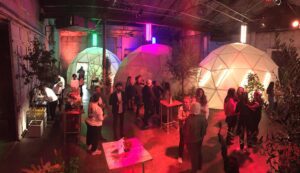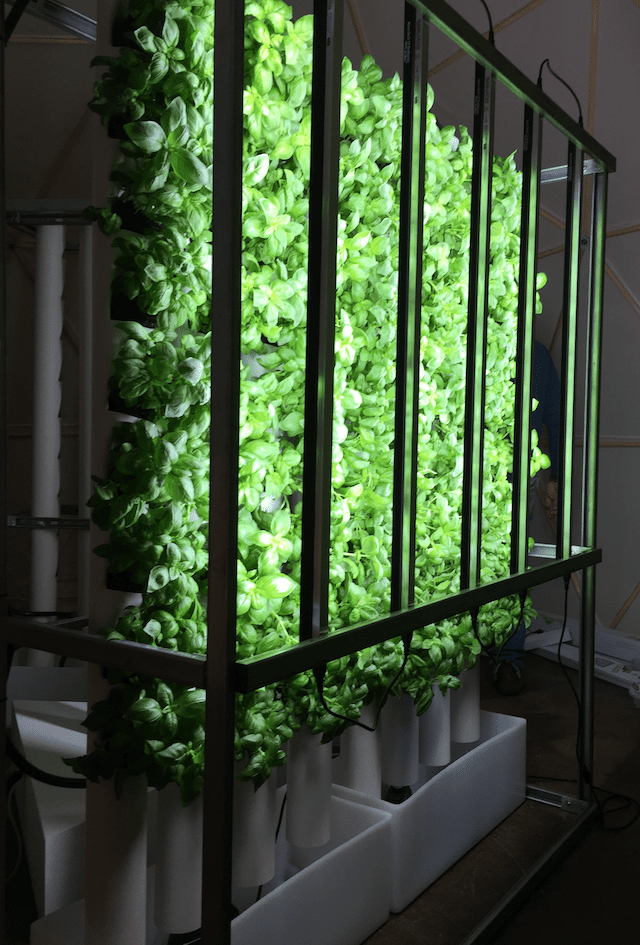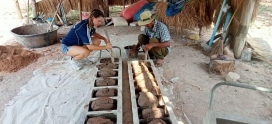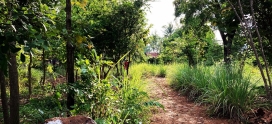Urban Farming in London
A farm-to-table experience is always one to be cherished. Not only are we presented with the best quality ingredients, hand picked but also cooked when they are in maximum flavour. You would think this to be a rare treat for London. However that could change?
During the week starting 11 October Green Shoots provided assistance to our partners Green Lab in setting up UK’s first Farm-to-Table Pizzeria under the name Project Plant. And what a grand project it was, open to public for just weekend, it allowed nearly 500 people to traverse between four geodesic growing structures and experience: tomato growing, mushroom farming and herbs grown using a vertical farming structure and and grown hydroponically.

The message to hit home was that urban farming, in small spaces, in previously inaccessible places is possible. Technology can allow us to remotely monitor growing structures which means multiple spaces can be managed at a time and scale can be achieved. Urban farming can be efficient- when done right and help conserve water. Just imagine empty roof tops around Canary Wharf to house a number of domes growing produce and all the variables such as water, light, humidity, are managed via an app. (WiFi access permitting, of course)
In that week Green Shoots not only provided technical ability in setting up growing spaces, we also managed a team of volunteers from UCL. Many of them fresh graduates or undergrads that have had limited opportunities in practical work experience due to COVID 19 lockdowns.
Together we managed and planted nearly 220 basil plants in a 6.5 m wide dome structure, managed the display on nearly 80 tomato plants and 14 mushroom cubes. The legacy of these plants after the event is compost piles, pesto jars, dried mushrooms and being housed in indoor growing structures.
In the past Green Shoots has been part of other farm-to-table events by either hosting cook-offs at local community gardens in Clapham or at our Agri-Tech Centre. However, being part of a temporary installation, on the large scale, has given us a chance to engage with a wider audience and bring to attention the benefits of urban farming in London. If we can create a demand for local produce, seasonal produce- these solutions can work.




